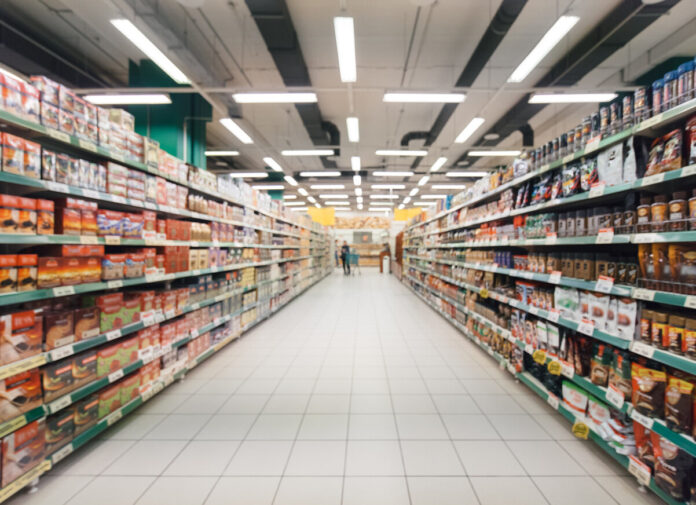This Thursday, February 2, the Climate Action Network, more commonly known as RAC, published its report on the issue of food and climate in the policies of the main retail chains. The numbers don’t lie: the scores obtained are disappointing. This study was based on several factors relating to the climate commitment. First, the extent to which retailers promote sustainable food and make it accessible to their customers: for example, minimizing the number of promotions made on intensively farmed meat.
Promoting sustainable diets among consumers would therefore, according to the RAC, be tantamount to encouraging consumption of less quantity, but of higher quality, of meat and dairy products. However, the report shows very clearly that all the distributors operate according to a completely opposite strategy: their marketing directs consumers towards buying a large quantity of meat at low prices.
The second category of assessment corresponds to commitments and action plans for responsible and sustainable consumption, as well as for the reduction of CO2 emissions in the production and supply chain. Here again, it is clear that there is widespread failure: few objectives are set and, when they are, they are sorely lacking in ambition. The third category of evaluation is the most interesting here, because it relates more directly to the responsible consumer. It is the one in which the notes leave the most to be desired.
This famous category concerns the transparency of brands with regard to their commitment and their emissions. In the reports published by the distributors themselves, their good practices are obviously highlighted. However, there is no information on the proportion that these “good deeds” represent compared to other less eco-responsible sources of supply. For customers wishing to learn about the impact of their consumption, customers who are more and more numerous in the era of widespread ecological responsibility, this lack of transparency is sorely lacking.
Find below the ranking of the 8 major brands with the lowest ratings in terms of transparency.

